We caught up with the brilliant and insightful Chris Anderson a few weeks ago and have shared our conversation below.
Alright, Chris thanks for taking the time to share your stories and insights with us today. Folks often look at a successful business and imagine it was an overnight success, but from what we’ve seen this is often far from the truth. We’d love to hear your scaling up story – walk us through how you grew over time – what were some of the big things you had to do to grow and what was that scaling up journey like?
Twenty-five years later, and now we’re finally not just “breaking even.” I guess that’s a bit of a stretch. We’ve been profitable for well over half that quarter decade, but it sure didn’t start that way. Fortunately, my “old-school” mentality of not wanting to owe anybody money kept me out of trouble with creditors, as I chose to live in a van for years (way before that was a norm – they used to look at us as homeless, not social media influencers) rather than take out any loans. I literally couch surfed for the first 8-10 years, but that couch surfing built awesome friendships. I would stay with many people who were doing festivals every weekend, like I was, except they had houses or nice places to park their vans. This would be the part where I throw in a line thanking someone, but that would be a never-ending list.
I just went after it. I lived and breathed sandals, and slept on them many nights when I didn’t pack the van correctly, forgetting to leave a place for me to sleep. I was motivated. I had six employees I hired and taught how to make sandals, and they needed a pay check every week. Talk about adulting fast. I would sell sandals at all the camp-out music festivals for the weekends, and visit stores during the week trying to sell them sandals, too. That’s what I did for years, there was really no plan – I just had to sell sandals, or the company would cease to exist and some nice people would lose a job. We built a website at the turn of the century and learned how to code so we could build it ourselves. I passed out stickers everywhere I went (still consider that one of my job titles: Sticker passer outer), and I’d stop whatever I was doing to answer the phone because somebody might be ordering.
Little by little, the word started getting out. We’d get some internet orders, phone orders, and people loved them at festivals. I think around our fourth year, I hired six more people to make sandals and an “office manager,” Shea, who did everything I didn’t do. My dad was shipping out sandals in the garage until about 2012, when we built a warehouse. I know everyone wants to race for the finish line in business, and for a lot of people that is money, but I really enjoyed the slow ride and smelling all the flowers as I went. Money was never the motivator; lifestyle, adventure, social responsibility, environmental conservation, animal protection and keeping people employed were. I really enjoyed slowly building and understanding every step along the way. Any mistake I made, I made myself. I started this company on a very small budget, and I kept it lean the whole ride knowing exactly where each dollar was going. I think that is really the recipe for success. So many people “throw
money at things.” Fortunately, I didn’t start with money to throw at anything, so budgeting was super important, and since I had learned that skill with some reckless life decisions as a teenager, I never took a loan.
The music festival world was super fun for many years, so work on the weekend was also my chance to cater to my live music addiction. Fortunately, I learned some tools from my misguided youth that allowed me the discipline to do both. As far as obstacles, there were so many. The first was cash flow, the biggest killer of a business. Fortunately, I had some skills that allowed me to discipline myself to put money aside for the off-sandal months. I would do festivals in Florida every weekend during the winter just to keep the cash flow going, and why not? Music festivals are a good time. I took my first real pay check eight years after I started, and with it, bought land in Nicaragua. We scaled slowly according to what was in the budget without extending ourselves. Slowly, we started selling sandals globally, with a pretty broad reach these days. Somewhere around 2010, the sandals started gaining some popularity and opened the doors to a lot of global business.

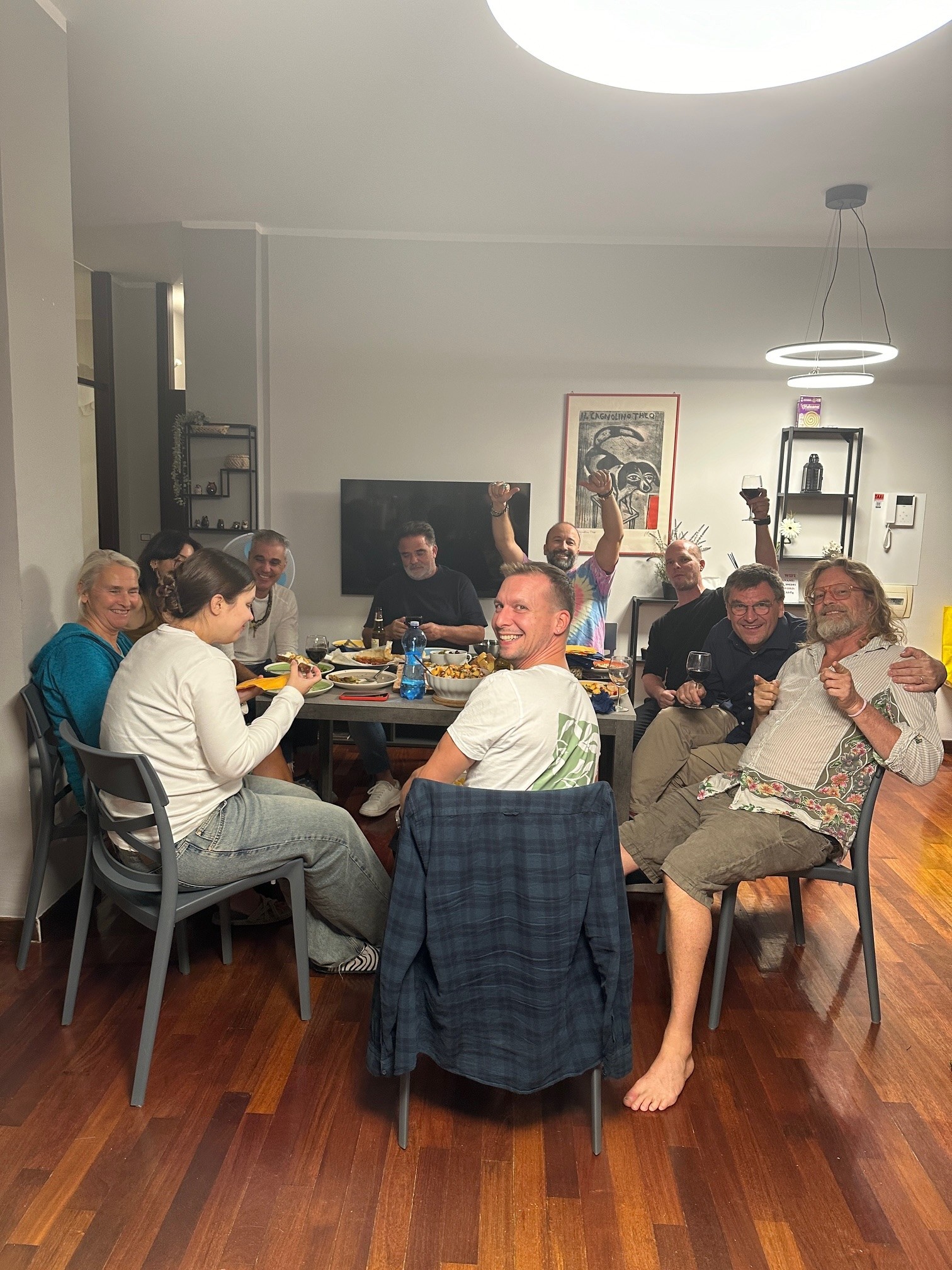
Awesome – so before we get into the rest of our questions, can you briefly introduce yourself to our readers.
I’m Chris, and I like long walks on the beach, apples and all sideways sports. I got into the footwear world as a raft guide in Colorado and on a Grateful Dead tour. I earned a degree in social work and wanted to show the world what a socially responsible business is. I set out to keep people employed in Nicaragua and make the best rope art footwear I could. Each year we get better and better and incorporate new materials and learn as a group. Gone are the days when I taught, now we all learn together using new materials – my staff is the best on the planet in my eyes.
I live in Nicaragua part of the year, where my factory is, and with some buddy’s also run a yoga retreat and sailing business as well. I like being busy just as much as I like surfing. I like to explore just as much as I like to learn a new snowboarding mountain’s ins and outs. I love being a dad, a son, a brother, a friend and an employer. I still love making and selling sandals and enjoy trying to make our products better each year. Challenges in our ever-changing world are just that: we take a breath and figure it out. There’s a point in business when you just must let stuff go and not let it bother you – that happened around year 10 – and it’s one of the most important things I learned, because nothing is worth losing your peace of mind about.
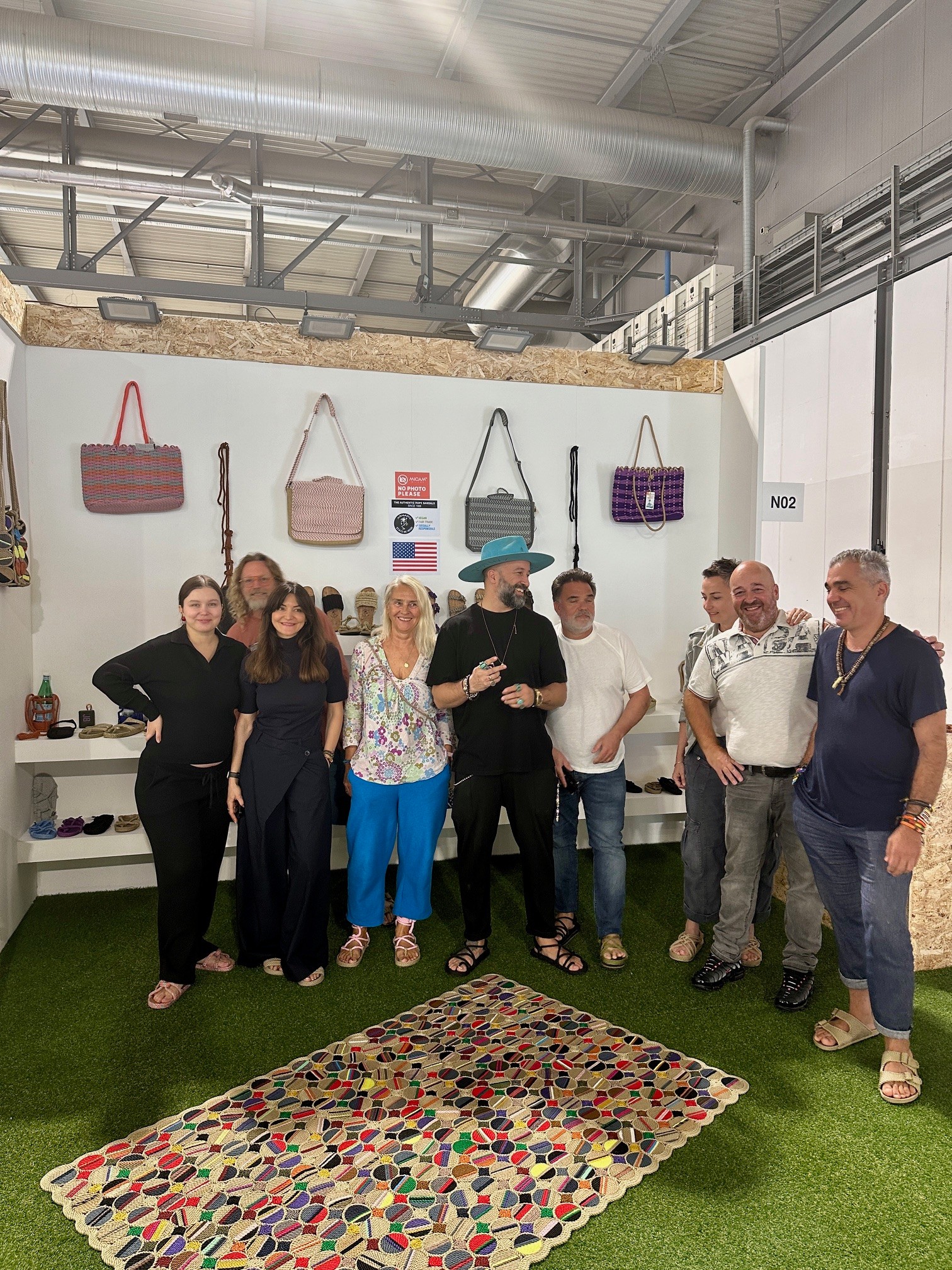
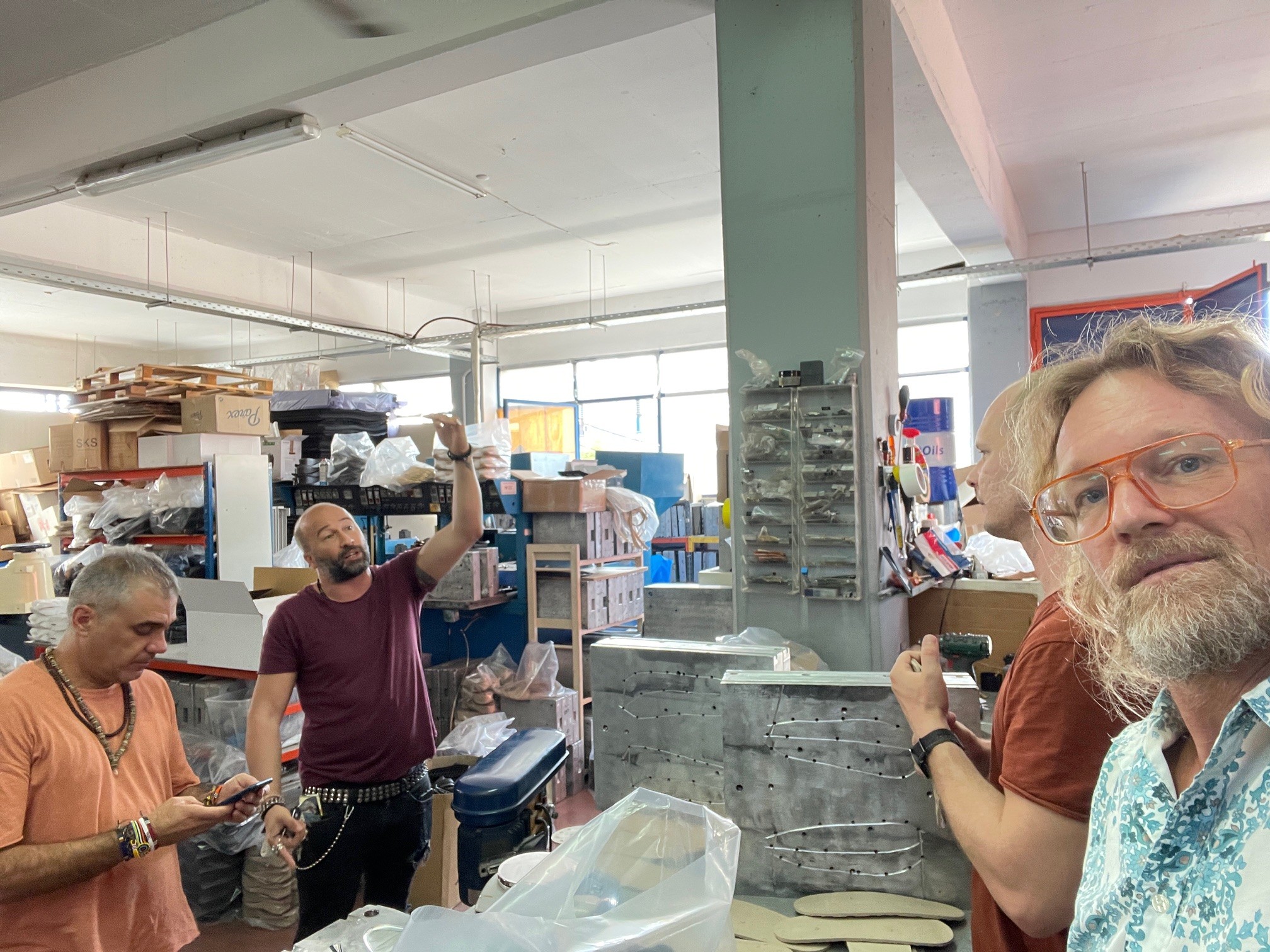
What else should we know about how you took your side hustle and scaled it up into what it is today?
Once I decided to do this and taught people to make them, there was no turning back. I realized long ago that I am unemployable and that I better make something happen or I’m going to be living in a van down by the river – not by choice….
I was introducing people to my sandals as a raft guide on the Colorado River last century, living down by the river (by choice); really enjoying the freedom of living outside and floating down a river every day. That was before we started production; we were just a one-person show. This was one of the most grounding times in my life ever — this was before cell phones, or at least before I had one. I saw a future for me, with all this technology coming, that I could run a business from anywhere. That vision was mostly true, but I didn’t realize that meant anybody could get in touch with you at any time, almost anywhere. It took some years learning how to turn that technology off, once I went all in. I now have a nice balance, as I know how to turn off my devices and be present. I had thought I would be rafting in the summer with this new venture after getting people trained up to make sandals, but the first eight years required my full attention. Once you make the step to employees, it’s a full one.
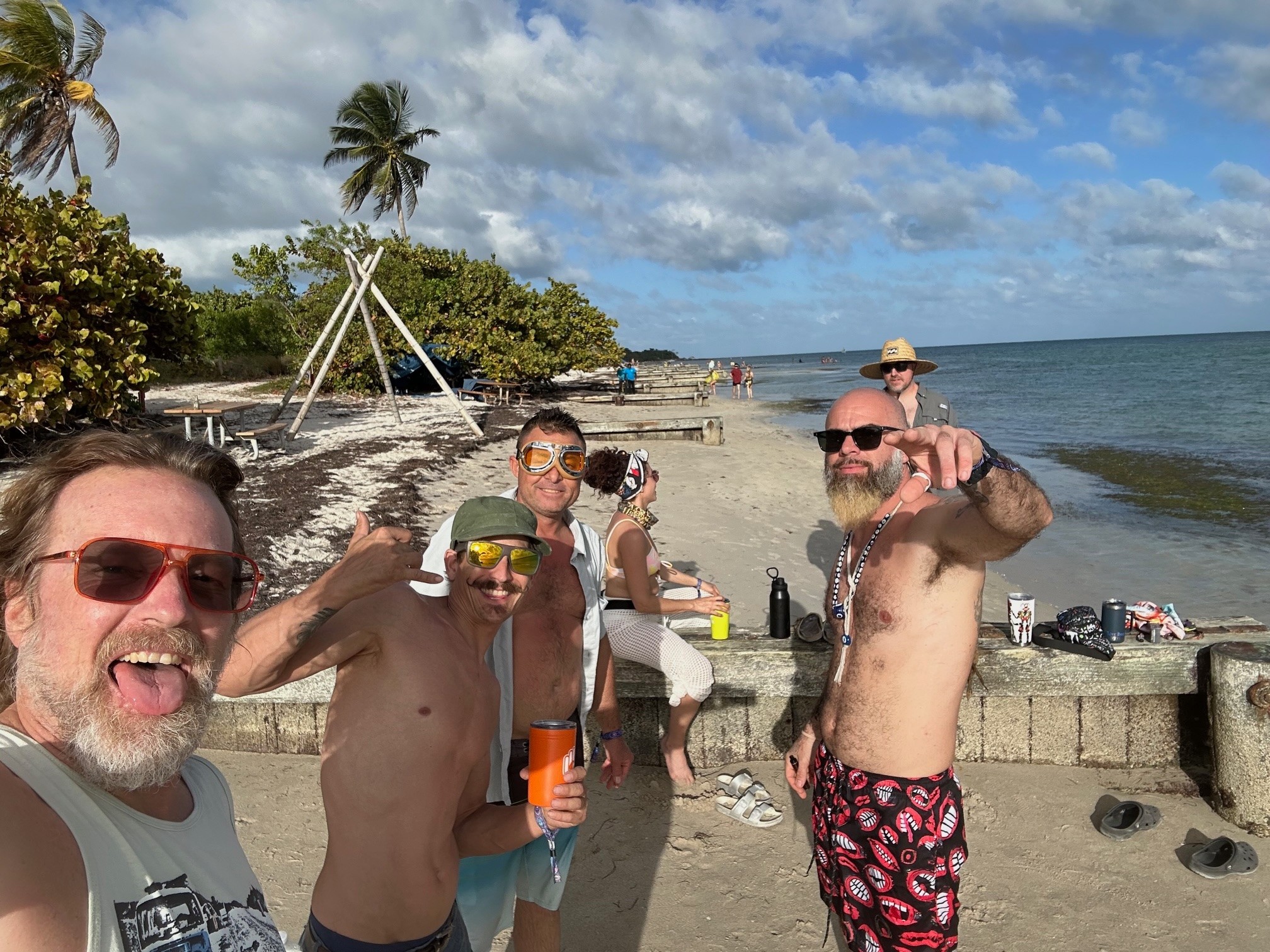
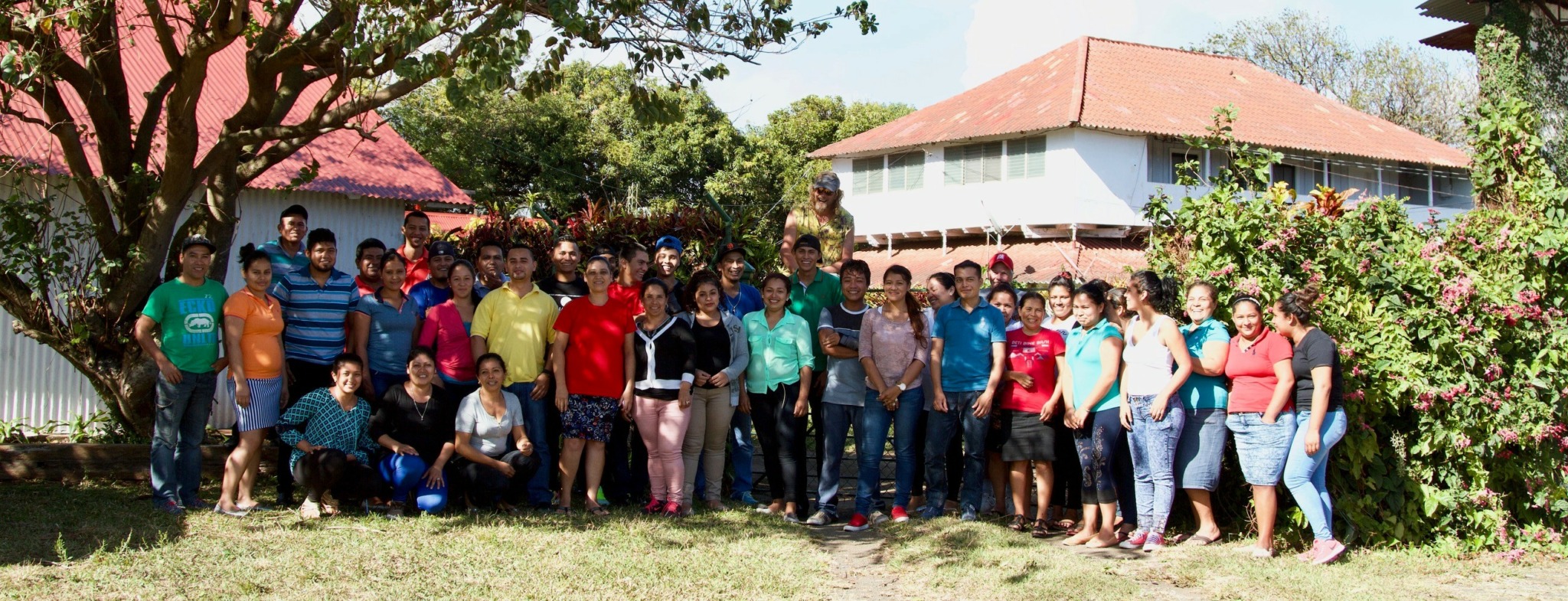
Learning and unlearning are both critical parts of growth – can you share a story of a time when you had to unlearn a lesson?
That one of the major business languages is money. I remember some heavy debating with my production manager in the early years, when I was selling the best sandal ever made and trying to show people what responsible manufacturing was. That was my sales pitch to stores. Yes, there was the wholesale price list, but I didn’t spend much time on it. I just focused on our project and what we were trying to do. It worked well, I think, because it was sincere, and people saw that. But back to this debate. I was explaining why we need to use the scraps (sandal cuttings) up, and how we could give people something to do in their spare time while we weren’t making sandals, and we could keep scraps out of the landfill. I was sold, but why wasn’t my production manager? I was so annoyed, saying, “What is wrong with you? Don’t you see how we can make a difference?” It wasn’t until I mentioned how people would love to buy these then his eyes glowed a bit, “Oh, you mean we’re going to make money on this?” Of course, we would make money, but more importantly to me was using up scraps and keeping people working. I didn’t even touch on the money part. It was at that moment that I realized a key ingredient was missing in all my sales and pitches. The fact is, we all put money into the spinning wheel, and take a little out of that wheel occasionally, but that money just goes into another wheel – maybe it’s the grocery wheel. It was that person, and that day, when I was able to hear and listen at the same time.
I started implementing profit margins into sales pitches immediately, still not being the focus, but a focus, nonetheless. To live in this world, we must make money. So, I relearned the language of money again, but this time brought it in as an idea of abundance and avenue to make a difference in peoples lives, rather than a mania. Theres nothing more satisfying to me when someone tries on a sandal, gets them, and they come back later or send an email saying it’s the best purchase in footwear they have ever made. Or at Bonnaroo, the early years, when it was all jam bands and the best festival in the world…. when someone suddenly became an employee because she loved the shoes so much that it wasn’t really selling, it was solving peoples shoe problems, and the next thing you know they are traveling around the country with me selling sandals. Those emails and grateful people, the little bit of business coaching I do, and having responsibility of employees are the two things that keep me enjoying the company after 25 years.
Contact Info:
- Website: https://nomadicstateofmind.com/
- Instagram: https://www.instagram.com/nomadicstateofmindhome/
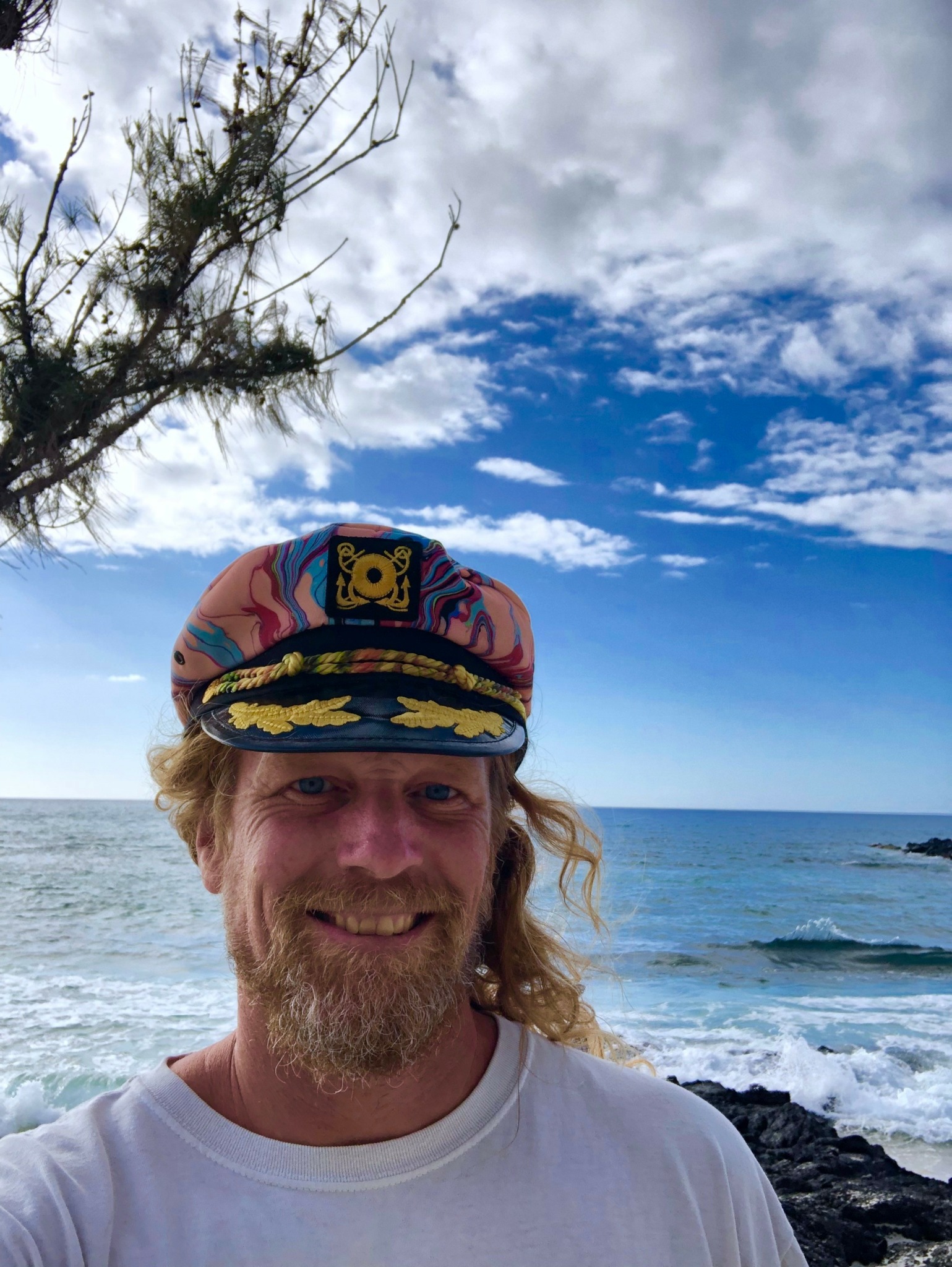
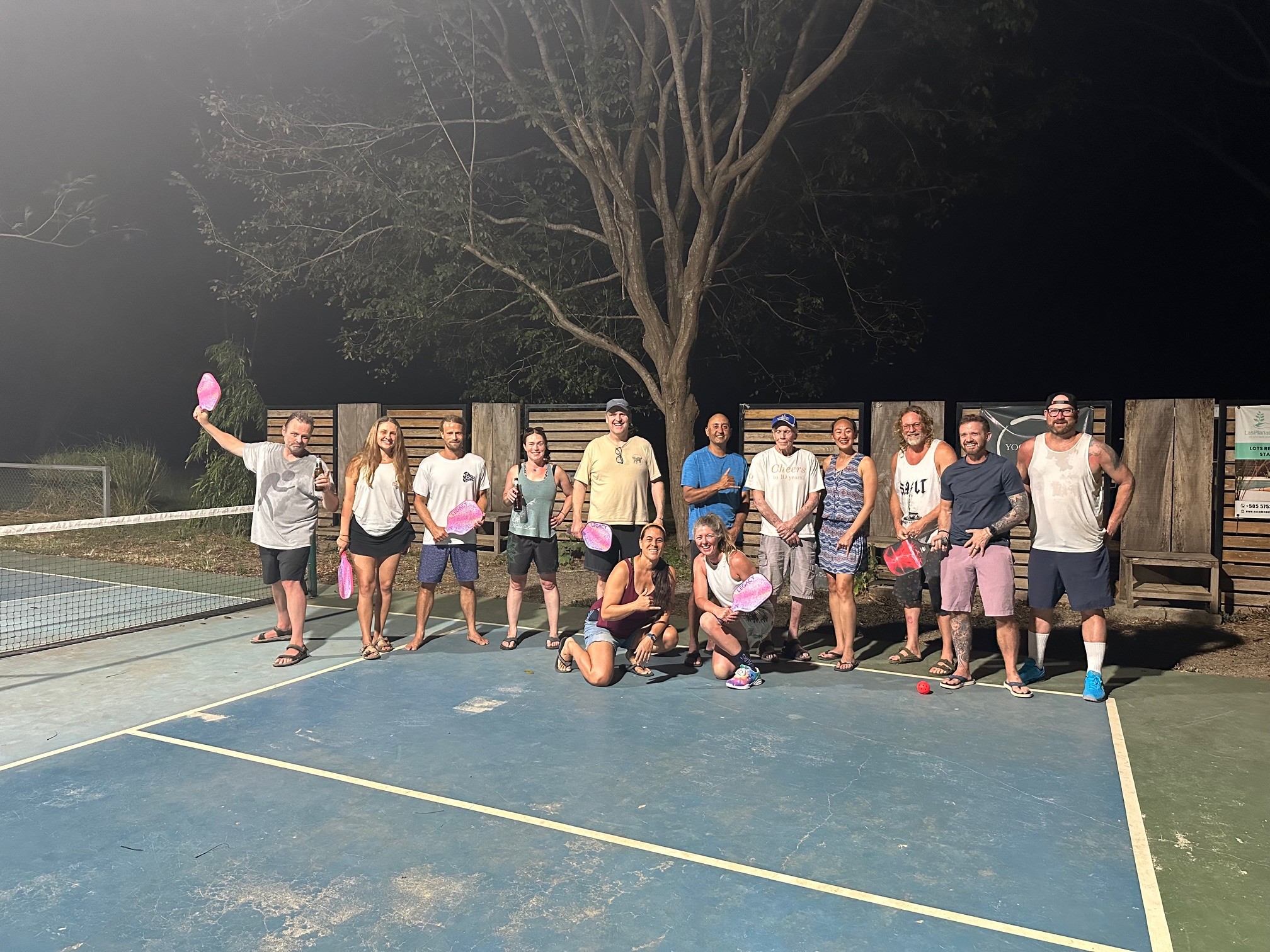
Image Credits
Photos courtesy of Nomadic State of Mind


